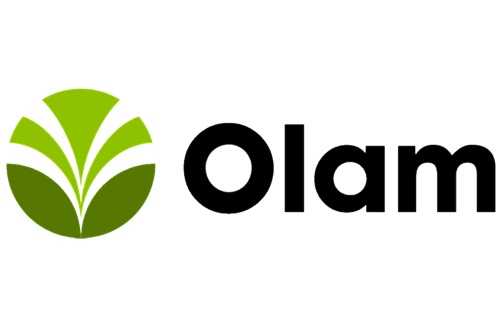LONDON, UK – While global food supply chains may be starting to heal from the COVID-19 pandemic, food and agri-business Olam International underlines the importance of addressing the long-term wellness and operational resilience needs of those small-scale farmers in emerging markets who provide much of the world’s ingredients and raw materials.
A survey undertaken by Olam in July of 2,400 of smallholder farmers growing cocoa, coffee, sesame, cotton, and other crops in Africa and Indonesia, revealed that more than half were experiencing shortages in basic food and nutrition due to movement restrictions, food price increases and insufficient stocks at home¹. Ability to afford food was impacted with 70% of those farmers surveyed saying they had less income than usual in the prior four months.
While spread of the virus in Africa seems to be gradual, according to the International Rescue Committee limitations in data collection and shortages in testing infrastructure mean that the numbers may be underreported. Indonesia continues to report new cases.
“In recent years, there has been some progress towards helping thousands of small-scale farmers become more resilient to shocks, including price drops, pests, and climate change impacts,” said Julie Greene, leading Olam’s social strategy. “But we must make sure this is not derailed. We need to redouble our public and private collaboration to encourage crop and income diversification, access to finance, promotion of health and human rights, and preservation of the environment.”
Ms Greene highlights Olam’s AtSource insights platform (AtSource.io) as a tool in the company’s approach to partnering with its customers and partners to tackle the issue. To drive change across supply chains, over 3,500 Olam enumerators collect impact data from farmers and communities in AtSource sustainability programmes which is made visible to customers via the online dashboard. This includes specific metrics on food security and access to clean water and sanitation. Together with multiple other metrics customers can then see the overall social and environmental footprint for every step of their product’s journey, from farm to factory. Such insights enable collaboration with Olam on improvement programmes. The Olam team is now mapping the recent COVID-19 survey findings with the AtSource programme data to identify hotspots where farmers may be most vulnerable.
“Some AtSource Plus programmes already include nutrition data but we are now ramping up focus on this critical area across the business,” adds Ms Greene.
Co-founder and Group CEO Sunny Verghese added, “Calories alone do not equate to good health, and we must do our best to avoid allowing COVID-19 to trigger a vicious cycle of reduced incomes, increased malnutrition, increased susceptibility to illness and, thereafter, its continued spread and economic consequences.”
In response to COVID-19, Olam has already committed US$5.7 million in financial and in-kind donations for relief and essential healthcare for farmers and rural communities. Over the next 6 months Olam will be mobilising partnerships to:
Provide 40,000 vulnerable households with food and health kits
Support food crop production, crop diversification and storage capacity of 40,000 households, through: Distribution of food crop inputs and support for livestock, credit for inputs and labour and training and materials for crop storage and pest management
Communicate essential nutrition and health information to 500,000 households
Improve access to health for 40,000 households through: extending basic health services to rural areas and the construction of water points and latrines
Mr Verghese continued: “These immediate relief efforts must also be accompanied by approaches that address the underlying challenges that left many communities so exposed. We must collaborate across landscapes to scale regenerative agriculture; foster health, nutrition and human rights; facilitate access to farmer services, especially those related to post-harvest handling and storage; and promote market mechanisms for fair prices and sustainable practices.
“The time for action is now.”
¹ 2,406 farmers surveyed across 10 countries, 7-15 July 2020; 90 Olam managers surveyed across 25 countries, June-July 2020


















